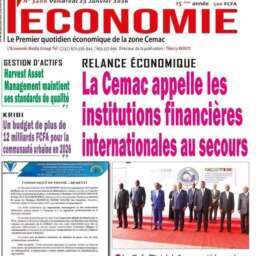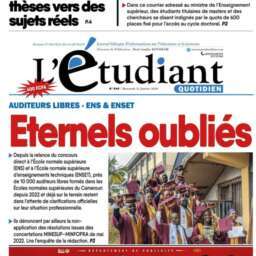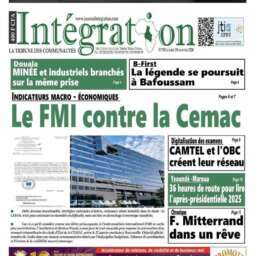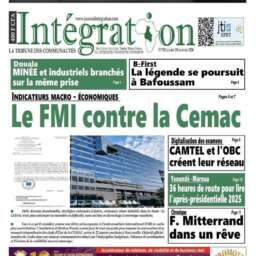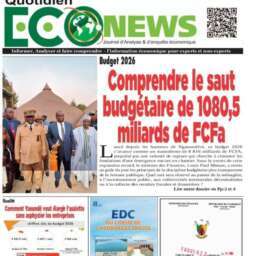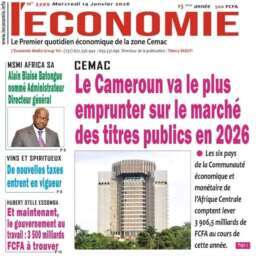(Business in Cameroon) – The Ministry of Forestry and Wildlife (MINFOF) has launched the Legal Hub, a digital platform to centralize wildlife law reforms and support sustainable resource management. Developed with FAO under the EU-funded Sustainable Wildlife Management (SWM) Programme, the November 2025 initiative provides policymakers with accessible legal analyses, policy frameworks, and reform tools to align Cameroon’s biodiversity governance with global standards.
MINFOF has simultaneously strengthened the legal foundation through a revised Wildlife Code enacted in August 2025, which fortifies enforcement mechanisms against environmental crimes. The Ministry is implementing four national species action plans targeting elephants, great apes, and pangolins to reverse critical population declines, including a 95% loss of forest elephants that has left fewer than 2,000 surviving in Cameroon’s protected areas.
Regarding enforcement, MINFOF has deployed 600 troops, 60 armored vehicles, and air support for annual “Operation Peace at Bouba Ndjida” missions in northern parks. Mixed patrols of military and eco-guards in Benoué and Faro National Parks have intensified protection. However, these actions have triggered human-wildlife conflict incidents when cattle grazing in park boundaries were killed, generating herder retaliation.
In the Dja Rainforest Complex, Global Conservation has supported MINFOF’s 24,000+ km of patrols (2023-24) using camera trap networks, resulting in hundreds of interdictions. Between September 2024 and June 2025, authorities seized 11,599 pieces of illegally logged timber and arrested over 40 individuals (22 poachers, 19 illegal loggers). The Lomie Command Center has been rehabilitated with solar power and secure communications to coordinate operations.
MINFOF’s community engagement strategy includes the SWM Programme’s five-year initiative to balance conservation with rural livelihoods, particularly for Indigenous communities dependent on bushmeat. The Ministry has established Community Ecoguard programs employing residents in Dja and other landscapes to reduce poaching while providing income. In June 2025, MINFOF trained over 80 personnel on human rights-based approaches to combating wildlife crime around Lobeke National Park.
Despite these advances, the Ministry faces funding constraints that limit the full implementation of its anti-poaching strategy. The digital Legal Hub positions Cameroon’s environmental governance within a digital economy framework, connecting legal innovation to sustainable growth; success, however, depends on resolving resource gaps and balancing conservation with community needs to ensure long-term resilience.
Mercy Fosoh
Lire aussi:









